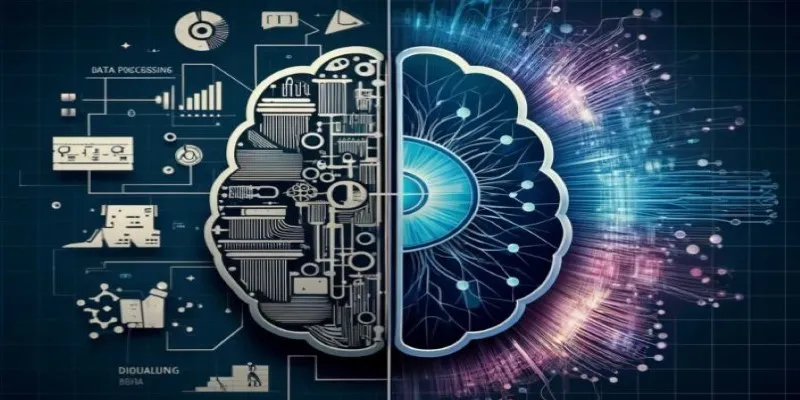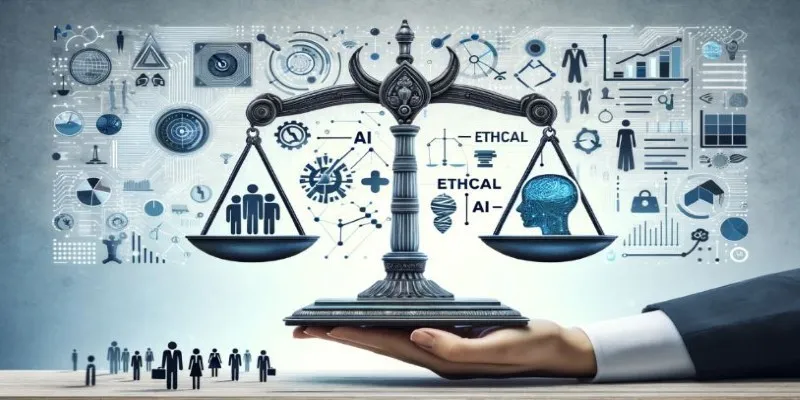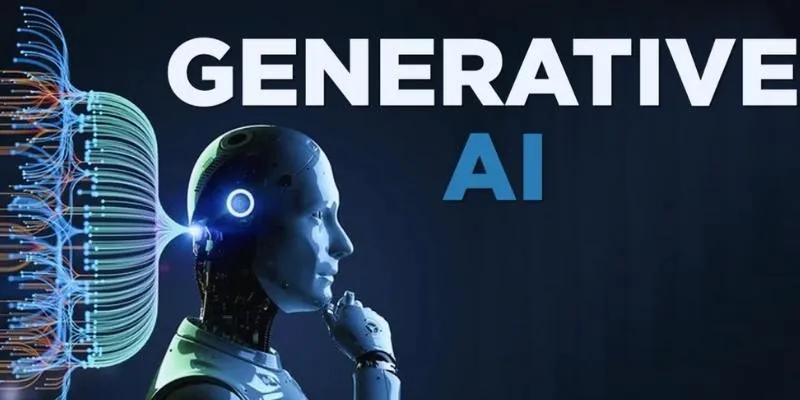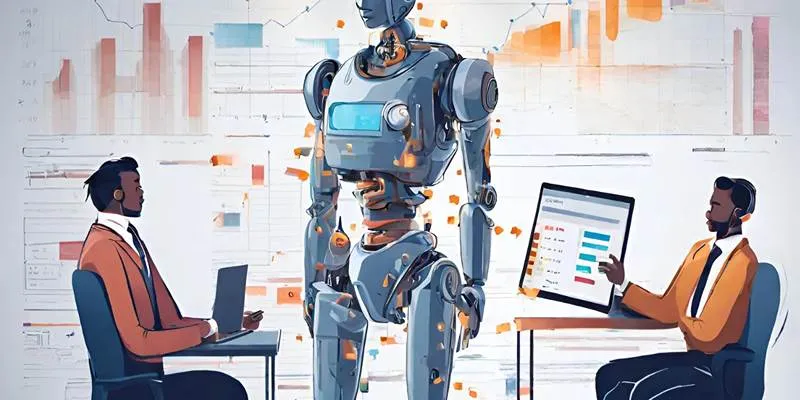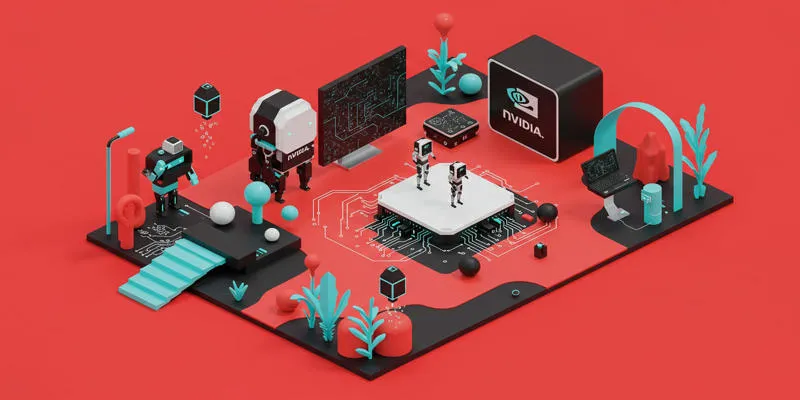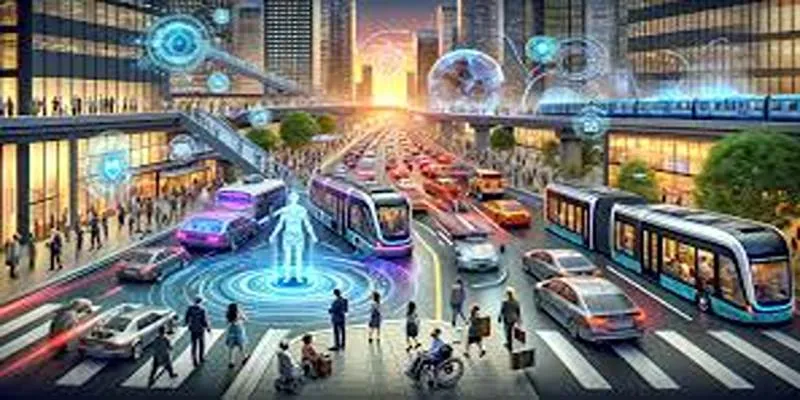Artificial Intelligence (AI) is transforming traditional industries by bringing unprecedented levels of efficiency, innovation, and agility. In this blog post, we explore how sectors like manufacturing, healthcare, and logistics are being redefined by AI technologies. We will provide real-world examples, identify challenges, and offer insights on how companies can transition to remain competitive in a rapidly evolving landscape.
1. Manufacturing: Smart Automation & Predictive Maintenance
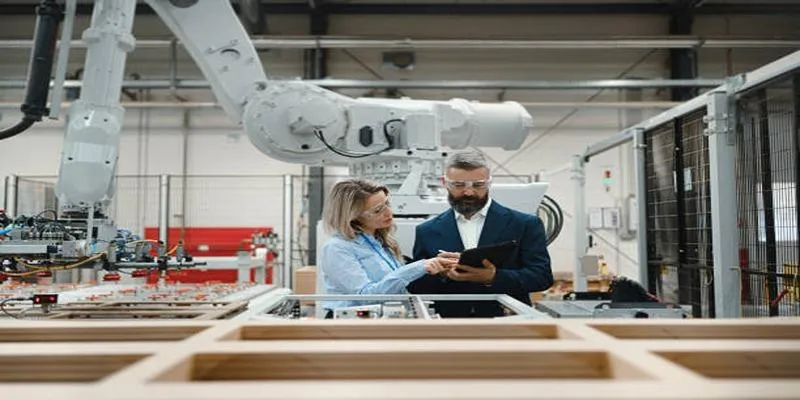
In the manufacturing sector, AI has been adopted to enhance production efficiency, cost savings, and quality assurance. Key areas such as intelligent automation, predictive maintenance, and supply chain optimization have seen significant advancements, enabling manufacturers to stay competitive in an ever-changing market.
Smart Automation
Intelligent automation leverages AI-based robotics and machine learning to perform routine tasks with high speed and precision. Autonomous assembly lines, advanced robotics, and vision systems minimize human error and increase production rates. This technology fosters seamless human-machine collaboration, driving innovation and scalability. Consequently, the traditional manufacturing model becomes a highly efficient, technology-driven process.
Predictive Maintenance
Predictive maintenance utilizes AI to monitor equipment conditions and anticipate failures before they occur. By analyzing sensor data and historical patterns, AI-based systems can schedule maintenance proactively, preventing costly downtime. This approach enhances operational reliability, extends equipment life, and reduces repair costs. Manufacturers can thus focus on maintaining high productivity while ensuring the health of critical assets, transitioning from reactive to proactive equipment management strategies.
Supply Chain Optimization
AI revolutionizes supply chain management by enhancing demand forecasting and inventory planning. Algorithms process vast amounts of data to identify bottlenecks, streamline logistics, and enhance delivery efficiency. This optimization reduces overall costs and ensures a seamless flow of production. Additionally, increased supply chain transparency enables manufacturers to respond rapidly to market changes.
2. Healthcare: AI-Assisted Diagnostics & Drug Discovery
AI is transforming healthcare by advancing diagnostics, treatment planning, and drug development. With data-driven insights, providers can now deliver more accurate, patient-specific care and achieve improved outcomes. Here are key areas where AI is making a significant impact:
AI-Assisted Diagnostics
AI diagnostic software employs machine learning to analyze medical imaging, pathology slides, and patient information with remarkable accuracy. This capability enables the early diagnosis of diseases such as cancer and heart disease, leading to higher survival rates. Additionally, AI reduces diagnostic errors and enhances efficiency, facilitating timely treatment.
Drug Discovery and Development
AI accelerates drug discovery through predictive modeling and data analysis. By simulating chemical and biological interactions, AI enables scientists to identify drug candidates more efficiently and cost-effectively. Moreover, AI supports the repurposing of existing approved medicines for new treatments, expediting the introduction of life-saving drugs to the market, thus revolutionizing pharmaceutical innovation.
3. Finance: Fraud Detection & Algorithmic Trading
AI is now integral to the modern financial system, providing solutions that enhance security, efficiency, and decision-making. From detecting fraudulent transactions to optimizing trading strategies, AI continues to transform the finance industry.
Fraud Detection
Fraud detection is a critical application of AI in finance. By analyzing vast amounts of transactional data in real-time, AI algorithms can identify suspicious patterns and anomalies indicative of fraud. This proactive approach prevents fraud attempts, secures customer accounts, and minimizes significant financial losses.
Algorithmic Trading
Algorithmic trading employs AI to execute trades with enhanced speed and precision. Utilizing machine learning and predictive analytics, AI systems can identify trends, assess risks, and make decisions in fractions of a second. This cutting-edge approach allows traders to capitalize on market fluctuations while minimizing the impact of emotional biases on financial outcomes.
4. Retail: AI-Driven Personalization & Inventory Management

AI is reshaping the retail landscape by creating personalized shopping experiences and optimizing inventory management. Through advanced data analytics, retailers can predict consumer preferences, optimize stock levels, and enhance supply chain efficiency.
Personalized Shopping Experiences
AI enables retailers to provide tailored recommendations based on customers' browsing history, purchase patterns, and preferences. This technology not only boosts customer satisfaction but also drives sales by presenting relevant products. Features like chatbots and voice assistants further enrich the shopping experience, making it more interactive and convenient.
Inventory Optimization
AI-driven inventory management helps retailers avoid overstocking or understocking by analyzing sales data and demand patterns. Predictive algorithms forecast trends, adjust stock levels, and ensure timely restocking of popular items. This approach reduces waste, cuts costs, and improves operational efficiency, ultimately leading to a more sustainable and customer- focused retail environment.
5. Legal: Contract Analysis & AI-Assisted Research
AI technologies are significantly transforming the legal industry, enabling law firms and legal professionals to work more efficiently and accurately. From contract analysis to predictive legal research, AI tools streamline processes, minimize human error, and allow lawyers to focus on more strategic tasks. Here are four key areas where AI is making an impact:
Contract Review and Analysis
AI-powered tools can swiftly analyze contracts, identifying risks, inconsistencies, and ambiguities within legal documents. These tools save time by automating the labor-intensive process of reviewing lengthy contracts while ensuring greater accuracy. Additionally, they highlight clauses that may require modifications, making negotiations more efficient and reducing potential legal risks for businesses.
Predictive Analytics in Legal Cases
AI uses predictive analytics to assess the potential outcomes of legal disputes and cases. By analyzing historical case data, legal trends, and judicial decisions, AI can provide insights into the likelihood of a case winning or losing. This enables lawyers to make informed decisions, develop stronger strategies, and advise clients more effectively while minimizing unnecessary litigation costs.
AI-Assisted Legal Research
Legal research is a time-consuming process that involves sifting through vast databases of cases and regulations. AI expedites this by locating and presenting relevant case law, statutes, and legal precedents in seconds. These tools use natural language processing to understand queries and return precise results, improving the efficiency and quality of research for legal professionals.
Compliance Monitoring and Risk Management
Ensuring regulatory compliance is a critical aspect of any legal practice or business operation. AI systems can monitor changes in laws and regulations, alerting firms to updates that may require action. Additionally, AI helps identify potential areas of non-compliance or risk, allowing proactive measures to be taken. This reduces exposure to legal penalties and supports ongoing adherence to legal and ethical standards.
Conclusion
While the adoption of AI across legacy industries offers immense benefits, it also introduces challenges such as job displacement and ethical concerns related to privacy and bias. Addressing these challenges will be crucial as AI continues to disrupt traditional industries. Looking forward, sectors such as agriculture, energy, and education are poised for significant AI-driven transformation, further demonstrating the technology’s potential to reshape the global economy.
 zfn9
zfn9




